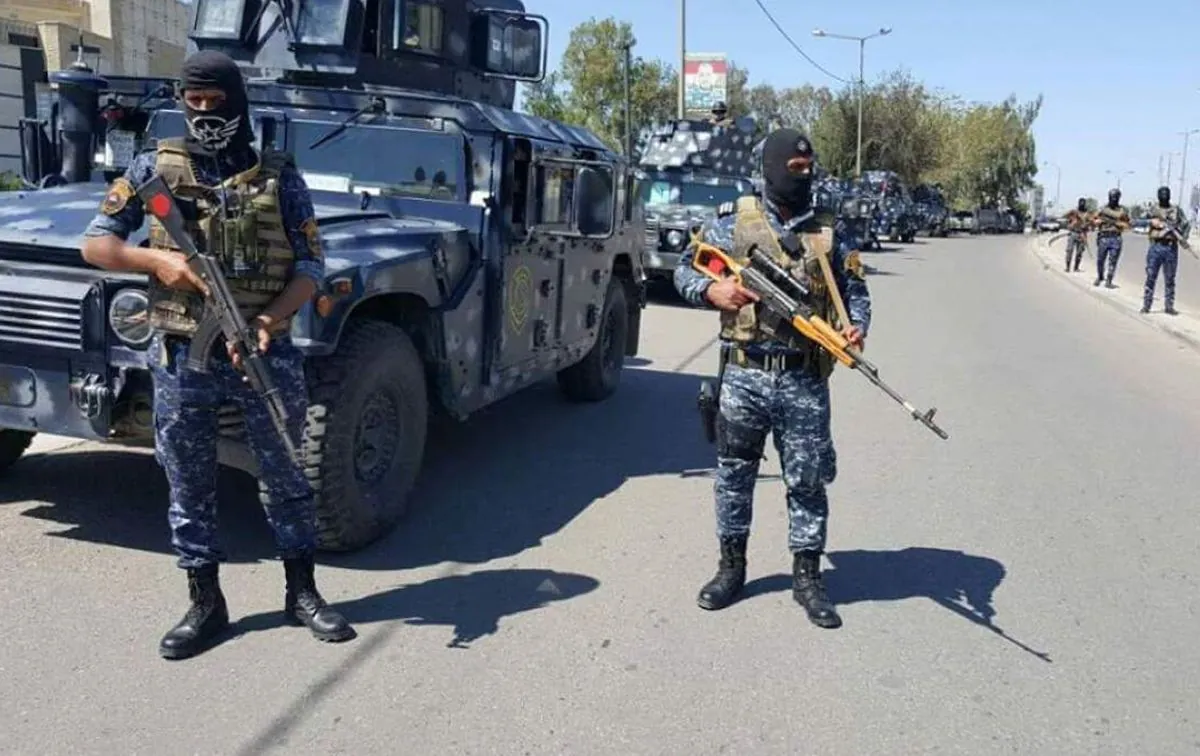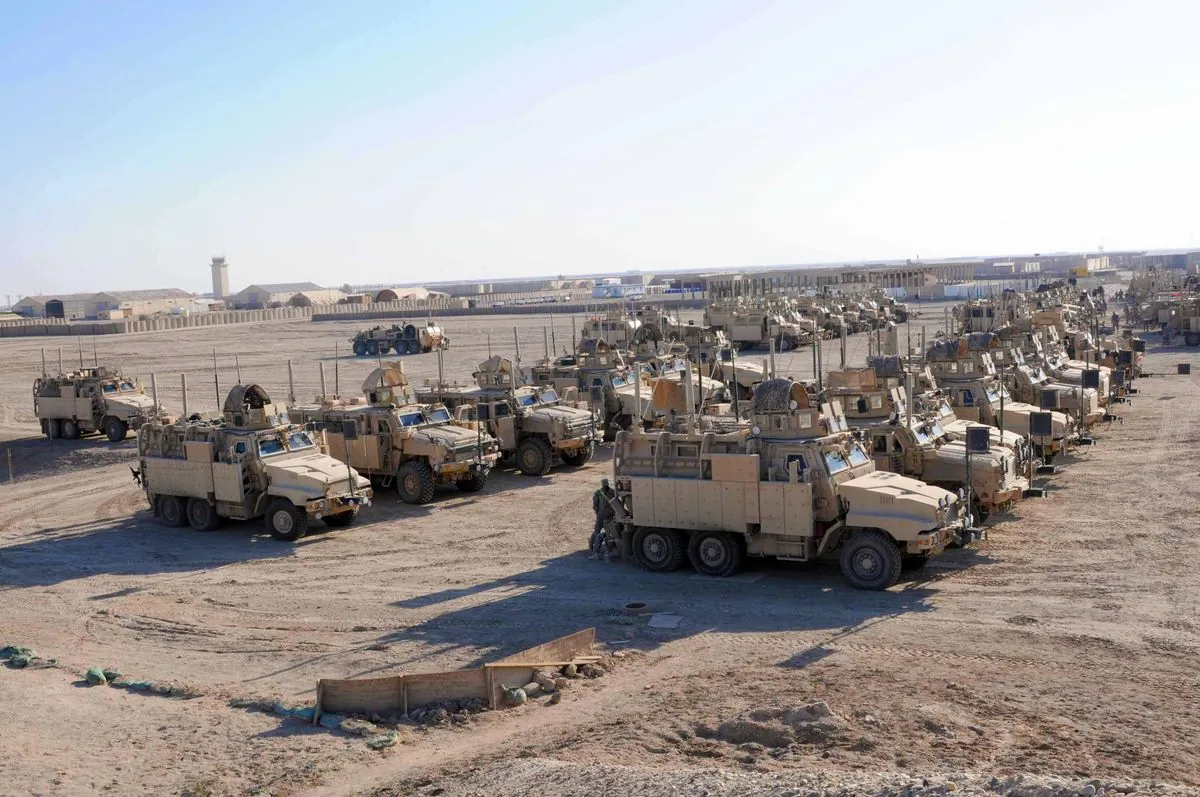IS Ambush Claims Four Iraqi Troops Near Kirkuk Amid Rising Attacks
Four Iraqi soldiers killed in IS ambush near Kirkuk. US plans Iraq withdrawal by 2025, maintaining Syria presence until 2026. IS attacks nearly double in 2024, challenging regional security.

In a recent incident near Kirkuk, four Iraqi troops lost their lives and several others sustained injuries in an ambush orchestrated by the Islamic State (IS) group. This attack underscores the persistent threat posed by IS, despite the loss of its self-proclaimed caliphate in Iraq and eastern Syria in 2019.
The ambush targeted members of the 42nd Brigade's Intelligence Unit during a reconnaissance mission in a rugged area near Kirkuk, an oil-rich city in northern Iraq that has long been a point of contention among various ethnic groups. Brigadier General Miqdad Miri, spokesperson for Iraq's Interior Ministry, stated that efforts are underway to encircle and neutralize the responsible terrorist cell.
This incident occurs against the backdrop of evolving US military strategy in the region. The US-led coalition against IS, formed in September 2014, has announced plans to withdraw troops from Iraqi territory by 2025. However, they intend to maintain a presence in Syria until 2026, highlighting the ongoing challenges in the area.

Despite the coalition's efforts, IS attacks have seen a significant uptick in 2024. According to CENTCOM (United States Central Command), established in 1983, IS claimed responsibility for 153 attacks in Iraq and Syria during the first six months of 2024 alone. This marks a nearly twofold increase compared to previous periods, raising concerns about the group's resurgence.
The persistence of IS can be traced back to its founding in 1999 by Abu Musab al-Zarqawi. At its peak in 2014, the group controlled an area comparable to the size of Great Britain, demonstrating its former reach and influence. The Battle of Mosul (2016-2017) marked a crucial turning point in the fight against IS, significantly diminishing its territorial control.
In northeastern Syria, the US-led coalition continues to collaborate with the Kurdish-led Syrian Democratic Forces (SDF), founded in 2015, to combat IS cells and leadership. This ongoing effort is part of a broader strategy to prevent the group's resurgence and maintain regional stability.
"We have confidence that our military and security agencies can keep the country safe."
Despite the recent surge in attacks, Mohammed Shia al-Sudani, Iraq's Prime Minister, expressed confidence in the country's military and security agencies' ability to maintain safety. However, the situation remains complex, with IS continuing its efforts to recruit new members and launch attacks through scattered cells.
The group's resilience is partly attributed to its sophisticated use of social media for recruitment and its diverse revenue sources, which have included oil sales, extortion, and antiquities trafficking. The international community's response to IS has been significant, with the US-led coalition conducting over 35,000 airstrikes against the group since 2014.
As the region continues to grapple with the aftermath of prolonged conflicts, including the Iraq War (2003-2011) and the ongoing Syrian civil war that began in 2011, the fight against extremist groups remains a critical challenge. The recent ambush near Kirkuk serves as a stark reminder of the persistent threat posed by IS and the need for continued vigilance and international cooperation in combating terrorism.


































